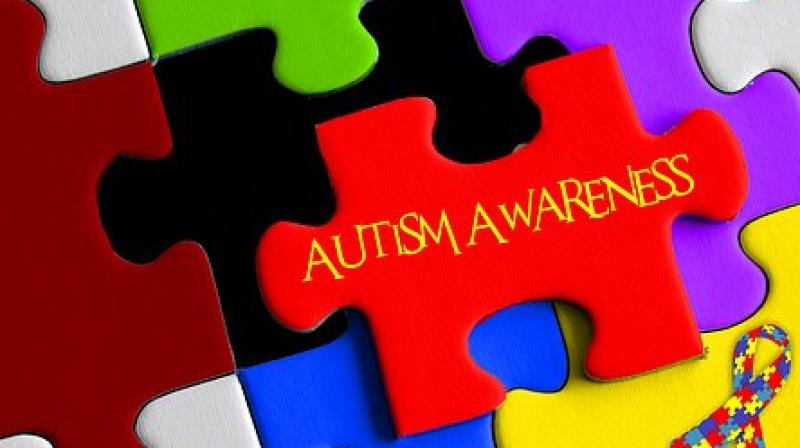Things parents can do to help their child with autism succeed

Being a parent of a child diagnosed with ASD or Autism Spectrum Disorder can be a stressful and tiring task. Till date, no specific cure has been found that can help a child become Autism-free. However, with early intervention and guidance and help from a certified child therapist, a difference can be brought to the child’s life. Here are 8 things that a parent can do to help their child with ASD thrive. Dr Jayanthi M, Centre Head, Mom's Belief Sankalp, Vijayanagar, Bengaluru shares some handy tips to help your child with autism.
Follow and stick to a routine
Children diagnosed with Autism best work with a strict and organised routine. Make a mental note or write down even the basic day-to-day activities of your child. On days when it is not possible to stick to their schedule and a thing or two needs to be altered, try to prepare them and communicate the same beforehand. For example, if he/she would not go to school by bus and you plan to drive them to school, tell them about it beforehand.
Use flashcards to communicate
Using flashcards while talking and explaining the scenario helps the child visualise better. For instance, if the child is invited to a birthday party, use flashcards to communicate the same. In this scenario, you can create flashcards, each with a picture of a cake, birthday cap, and probably the birthday boy/girl’s picture too. Next, show the flashcards one by one, while telling your child that they’d go to a birthday party of XYZ, on this day. This will help the child understand and feel comfortable when he/she attends the birthday party.
Reward to reinforce positive behaviour
Offering child rewards each time they exhibit positive behaviour is a good way to reinforce the same. Experts suggest and follow this reinforcement technique to help the child adopt the behaviour. A reward can be anything from their favourite eatable, taking them out to a park, or whatever the child likes to do or have.
Accompany the child to everyday activities
Having a child whose behaviour is quite unpredictable may lead one to keeping them indoors for most of the time. However, it is suggested to take them out with you while you run errands such as grocery shopping, going to a bank, or a supermarket, etc. This may gradually help them in getting accustomed to various surroundings.
Avoid gadget exposure
Experts recommend limiting screen time for children as it has several negative implications on their brain and overall health. The mind of a child diagnosed with ASD is less resilient and more sensitive as compared to their peers. And so, exposure to gadgets and screen time can lead to worse effects. Rather, give those toys, read books to them and communicate.
Be patient
At times, it is quite natural to get frustrated as a parent. Often parents and caregivers start comparing their child’s development with others and societal pressure makes it difficult. A child can sense the stress and anxiety around them so you need to stay positive, keep patience, encourage and help them in their development.
Seek the help of an expert
As a parent of a child diagnosed with Autism, reach out to a child psychologist or a therapist who can better guide you about the strategies and therapies that can help your child develop better and make a good life for them. A clinician will also be able to help you connect with other parents, who can help you get new ideas to implement for your child’s benefit.
Celebrate achieved milestones
Your child may achieve a few milestones later than others of their age but that does not make your child any less than others. Celebrate the little moments of happiness and every milestone your child achieves. This will make them feel happier, de-stressed, and you would be able to bond better as a family.
Hopefully, practicing these tips and strategies will help your child thrive. Regularly, communicate with their teacher, therapist or psychologist and ask them about the strategies, tools and techniques you too can practice with them. This would not only help the child have a structured routine but will also bring better results. Being a parent or a caregiver, it is you who spends the most time with your child. And so, practicing the strategies together will help the child learn skills quicker and they may show better progress.

